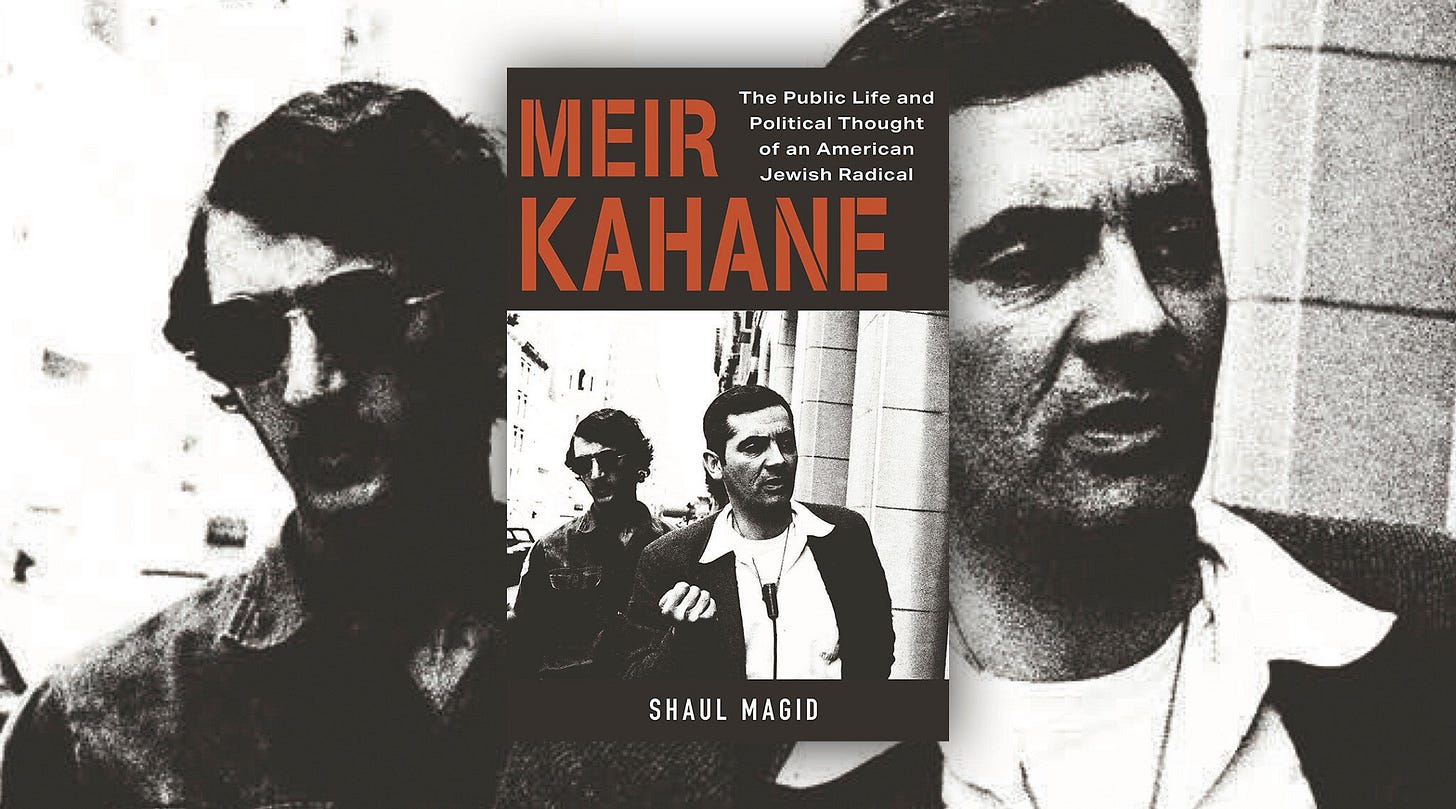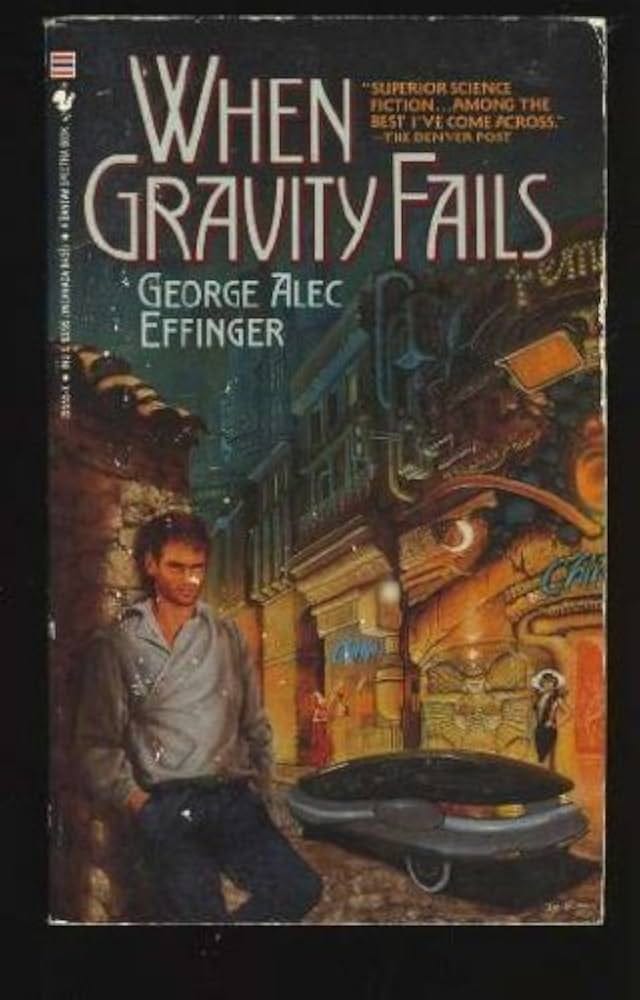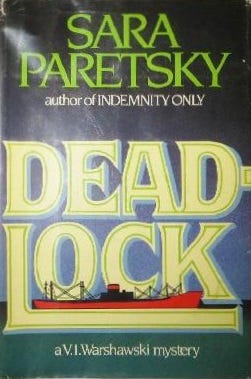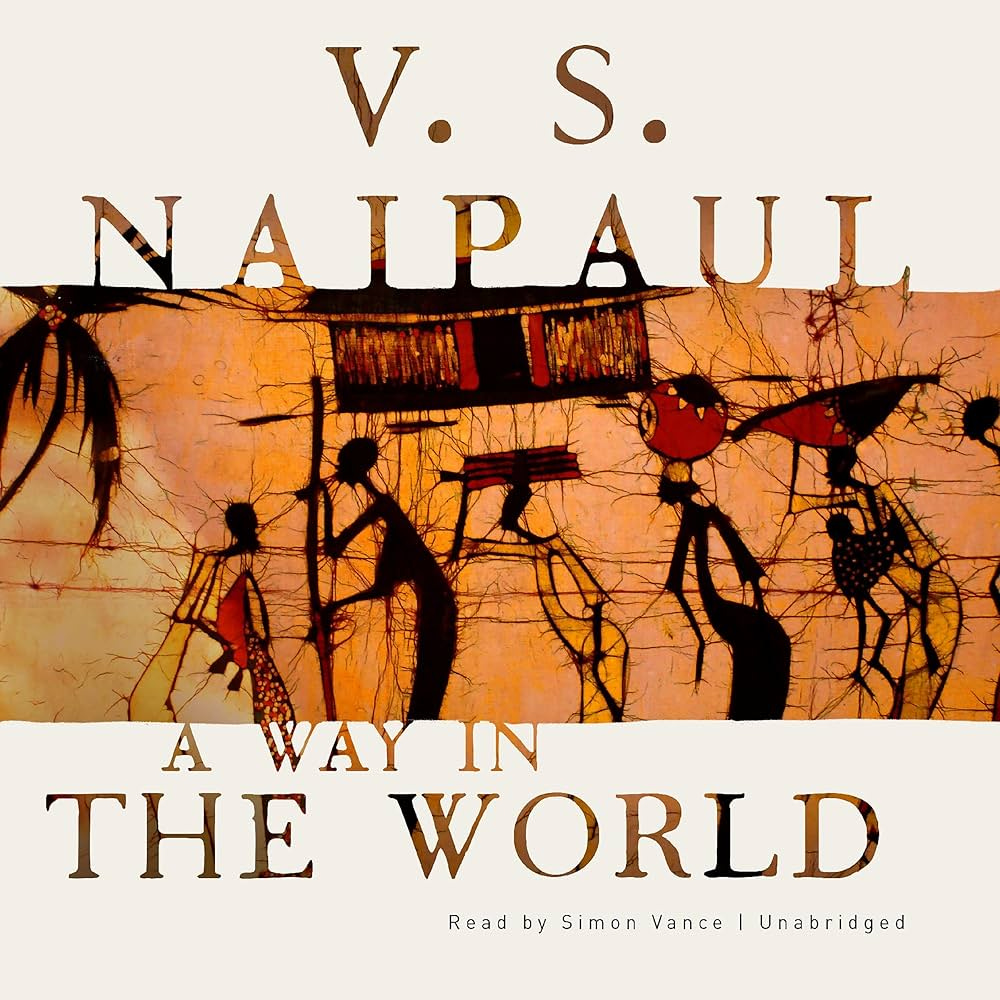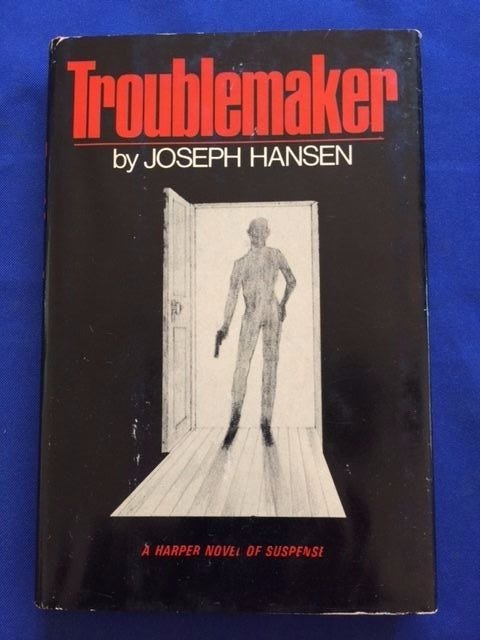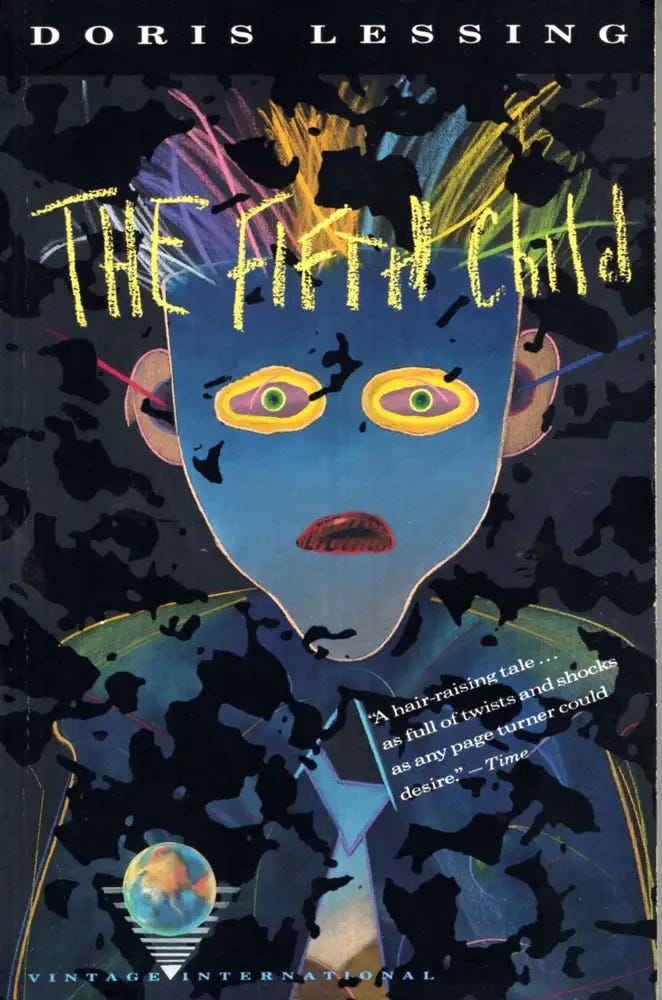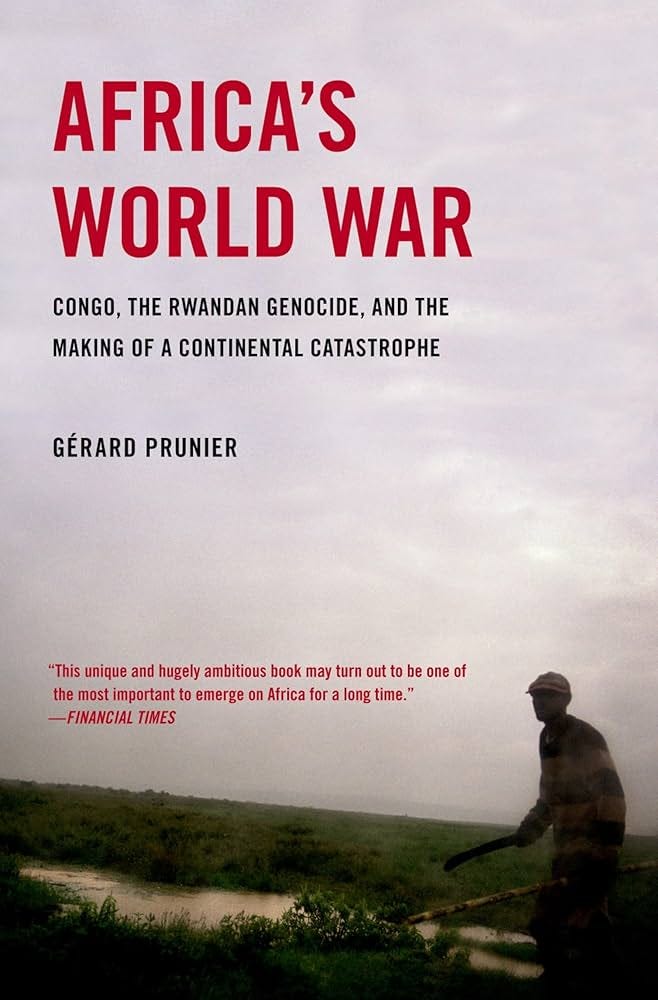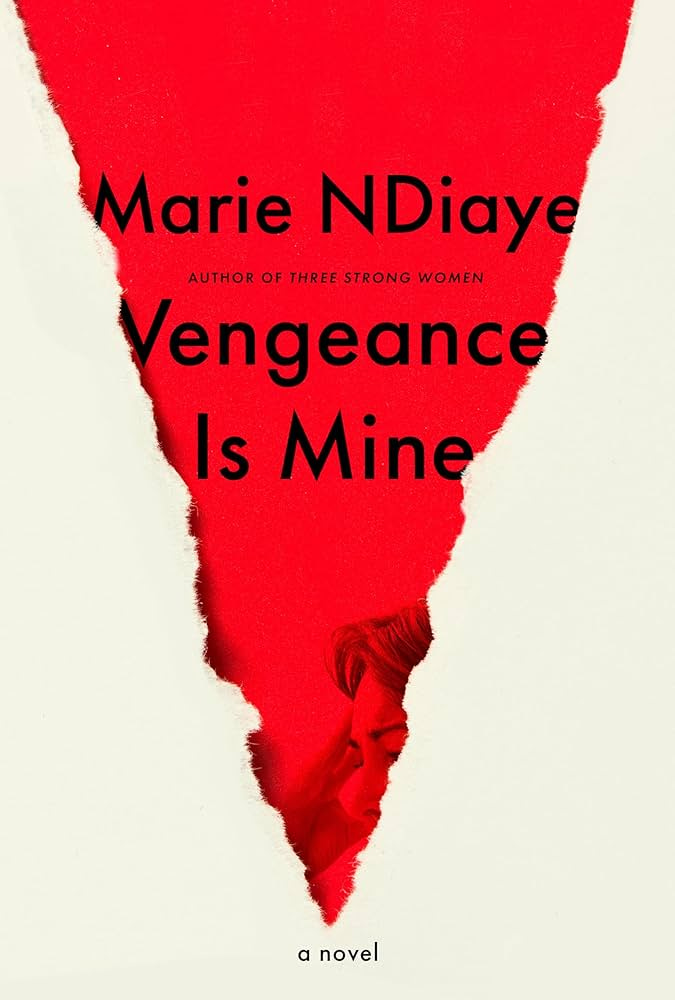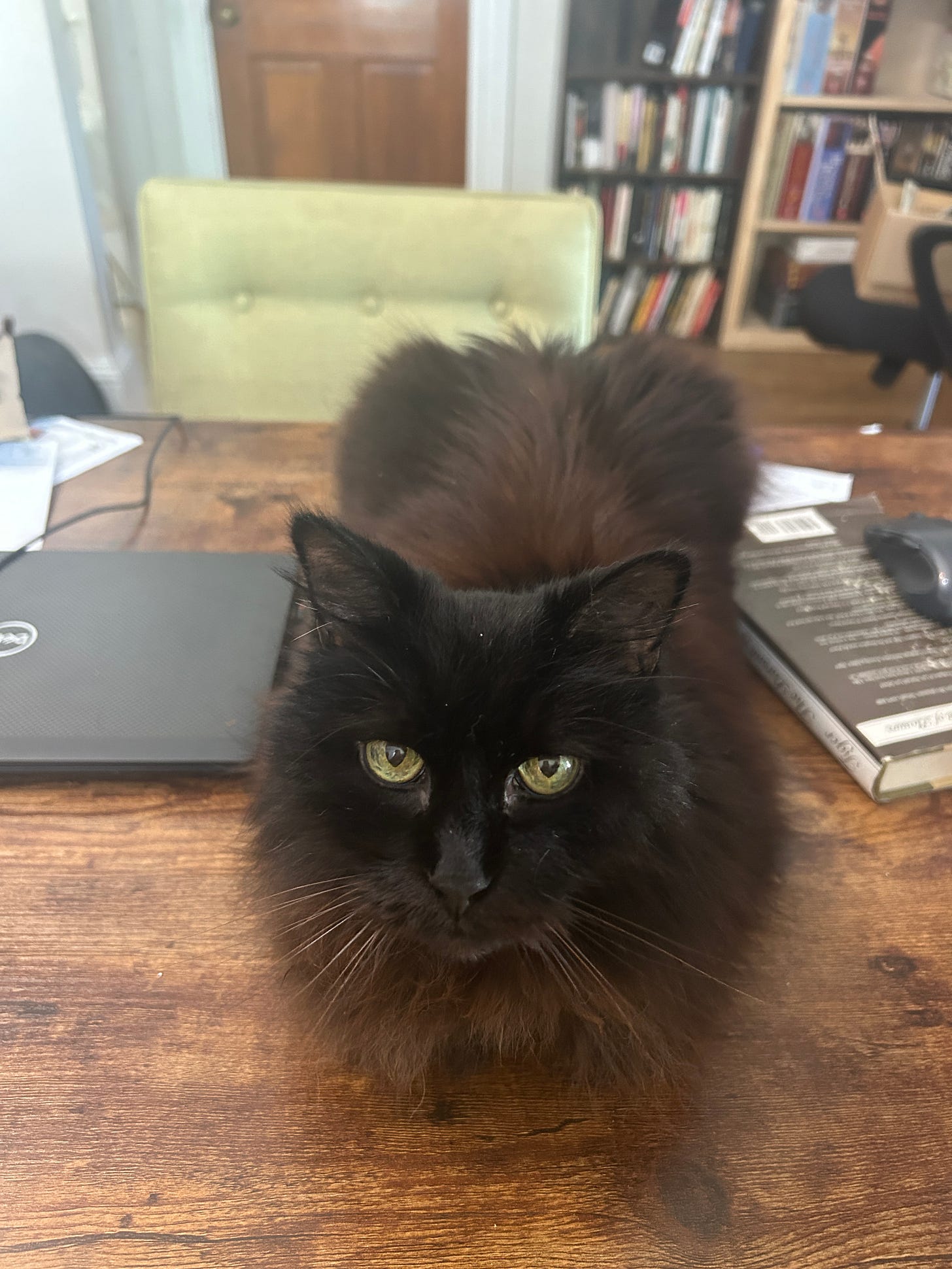2025 Reading in Review Part 2
Still busy
Hey all- here’s some more brief catch-up reviews. I might not have been writing for you while reading all this stuff, but I am now.
Peter’s Books of 2025, Part 2
Shaul Magid, Meir Kahane: The Public Life and Political Thought of an American Jewish Radical (2021) - I probably should have read a more basic biography of the American Jewish fascist leader, because what Magid is doing here isn’t that. If I remember right, one of his big arguments is that however much the author disagrees with Kahane – and I believe he does – that Kahane doesn’t deserve to be written off entirely, because he shook the complacent middle class American Jewish establishment? Kahane representing, supposedly, more working class, less assimilated Jews whose religiosity (and Zionism) were less genteel than those who spoke for Judaism in mid-twentieth century America. There’s more to it than that, and I did learn a fair amount, but as someone who’s used to radicalism… surely, your legacy can’t be assured just by making the libs uncomfortable? ***’
George Alec Effinger, When Gravity Fails (1987) - This one was a disappointment. I thought I had found some actually good cyberpunk fiction other than early Gibson and, if you squint, early Stephenson (though I argue he’s definitely post-cyberpunk- cyberpunk’s gravedigger, if anything). And he seems like he was a cool guy, Effinger- among other things, a cis dude unafraid to jump in with both feet into the gender-subverting implications of body modification. But the writing was bad- incoherent, slow. The main character is a bit like something out of Sin City- the good john, a tough dude who doesn’t care about NOTHIN’… except protecting the girls (usually failing, too, until he doesn’t). The world has much of Gibson’s intricacy but none of his verisimilitude (at least in those early books- don’t at me about the Bridge trilogy). Can’t recommend, alas. **
Sara Paretsky, Deadlock (1984) - The second in a long-running crime series about Chicago PI V.I. Warshawsky, an independent lady detective whose remit so far appears to be murders connected to corporate skullduggery. This involved a beloved hockey player cousin and the Great Lakes coastal grain transport trade. An interesting look into the latter! ****
V.S. Naipaul, A Way in the World (1994) - I like Naipaul and his chops were on display here but ultimately this one was too scattered – fictionalized autobiography interwoven with fictionalized accounts of other people who tried, like he did, to make Trinidad a launching point for a career – to really work for me. ***
Jason Vuic, Swamp Peddlers: How Lot Sellers, Land Scammers, and Retirees Built Modern Florida and Transformed the American Dream (2021) - This was both interesting and fun social history. Vuic gets into the nitty gritty of how marginal Florida land got turned into big money (and then, usually, into rundown suburbs) over the course of the twentieth century. “Marginal” is a polite word for “swamps and scrub infested with snakes and alligators.” I only had the vaguest idea – mostly from Glengarry Glen Ross – that people actually bought home tracts in Florida (or anywhere), sight (and site) unseen! But they did, thousands and thousands, maybe millions of people. You didn’t need to hustle that hard to sell the nicer parts of the states, but the sweaty interior and crappier portions of the coast got chopped up and moved by some real hard sell experts, a step up, if that, from the kind of con you see in The Sting: bringing in planeloads of suckers, distracting them with cheap booze and lounge acts, anything to keep them from looking too closely at what they were buying. Most of them were industrial workers from the cold, smoky North. It wasn’t too hard a sell. The beat went on through the 2008 crash (when the Wall Street boys finally outdid the lot sellers in sheer real estate scammery) and beyond. A fascinating story of how capital accumulates through the strangest ways.
Joseph Hansen, Troublemaker (1975) - The third of Hansen’s Dave Branstetter mysteries that I’ve read, and the best so far. Dave is an insurance investigator in 70s southern California, with one foot in the square business world and one foot in the gay world that was beginning to surface more post-Stonewall. This time, he’s investigating the murder of the owner of a beachside gay bar. Everyone thinks the hustler found near his body is who did it, but Dave knows better. The problem is getting everyone else on his level, and that takes detective work. Good and twisty, expertly crafted. Big praise to Soho Syndicate for putting out new editions of the Branstetter books, they rule. *****
Doris Lessing, The Fifth Child (1988) - One of my favorite writers, Doris Lessing asks the important questions- what if you had a kid who really, really, REALLY sucked? Lessing had mostly negative feelings about motherhood in general, having left two kids from her first marriage in Rhodesia when she left to start her writing career in England and making clear that she did this because she felt that she had had conventional marriage and mothering foisted on her and needed to break free from both (and from Rhodesia). She later had another kid, with whom she was closer (he co-stars in the very droll video of Lessing finding out she won the Nobel Prize). None of this should be held to suggest that family wasn’t something Lessing thought and wrote about. The Lovatt family is a good, close one- two loving young people who marry and raise four lovely children. Not for them the swinging sixties, they want domesticity and they get it. Until the titular fifth child, Ben, comes along. Everything about Ben that isn’t awful is just scary. He’s preternaturally hostile and angry, wildly strong at an early age, weird-looking, only operating in registers of rage and boredom. The mother speculates that Ben is some kind of throwback, to the creatures who inspired stories of goblins and trolls in our far off ancestors (Lessing by then was well into her interest in weird ancient pre-human civilization type stuff, as evinced in her “Canopus in Argos” books). The closest to happiness he ever experiences is being a mascot for some local greaser/mod kids and that gets screwed up too. The family tries with Ben. The family can’t with Ben. Creepy, effective- Lessing was entirely unsentimental and felt deeply, so you get hit with the full blast of the situation, with no easy outs. ****’
Gerard Prunier, Africa’s World War: Congo, the Rwandan Genocide, and the Making of a Continental Catastrophe (2009) - French historian Prunier does his best to lay out what the sprawling, decades-long series of conflicts happening in the Congo basin (which are still ongoing). Often originating from the demographic/political storm center where eastern Congo meets Rwanda, wars spin off across the region as armies move back and forth and regional powers find reasons to meddle, which in turn generate further conflicts that turn back on the meddlers in an endless cycle. Prunier has that world-wise cynical French thing going- he’s seen all the humanitarians and saviors and all the narratives that people spin around the wars come and go and he’s not buying any of them. This doesn’t entirely clear him- some of his work has been enlisted in recent efforts to partially whitewash Hutu militancy and its responsibility for the Rwanda Genocide. He doesn’t really do that, though he does try to steer readers away from assuming that everything the Tutsis did (do) in response is noble. Now that the region is also a key source for cobalt and other materials needed for high tech products, and a site for competition between the US and China, things are even more complicated than they were when Prunier was writing. He didn’t prognosticate, and I won’t either. ****’
Marie NDiaye, Vengeance is Mine (2022) - I was into the idea of a French version of woman-centered suburban thrillers ala Meg Abbot (who I wrote about last time) and Gillian Flynn. Maybe it was translation… but that’s never a good sign, when you have to say that, and honestly I don’t think that’s the issue. This was just overstuffed and underthought, and written in a kind of vague, slipstream style that made it impossible to follow… and ultimately, the story, about a lawyer with trauma and a murder and blah blah blah wasn’t interesting enough for me to try that hard. *’
Anyway! More in a few days. Mithra says hi.

